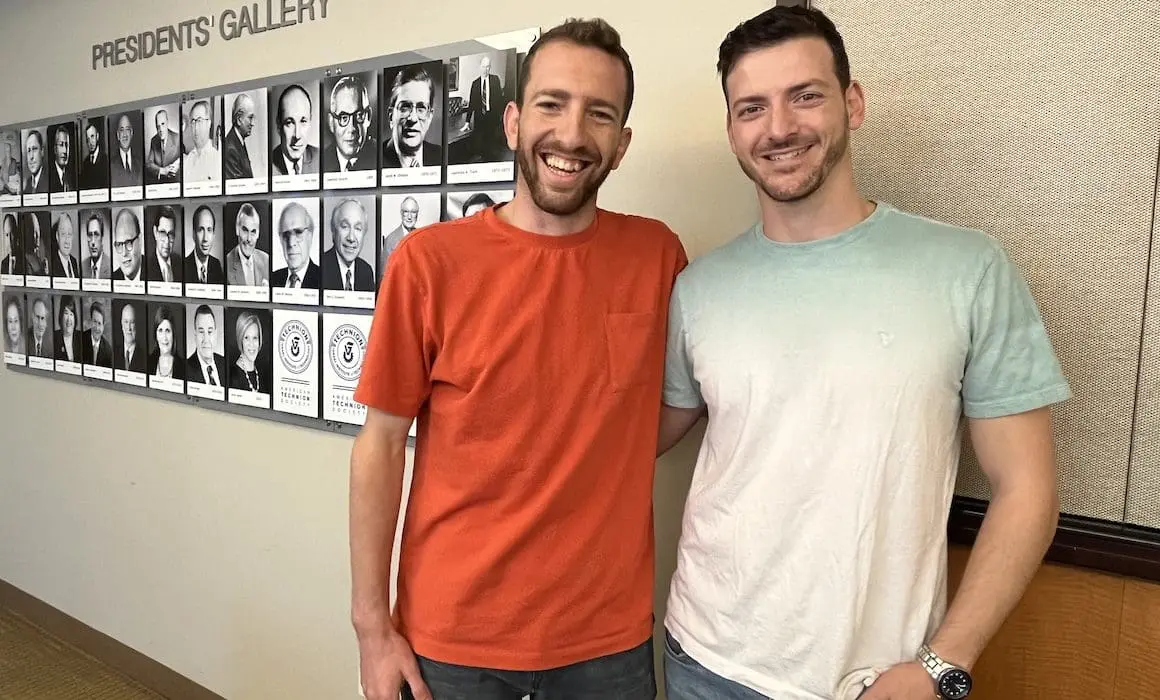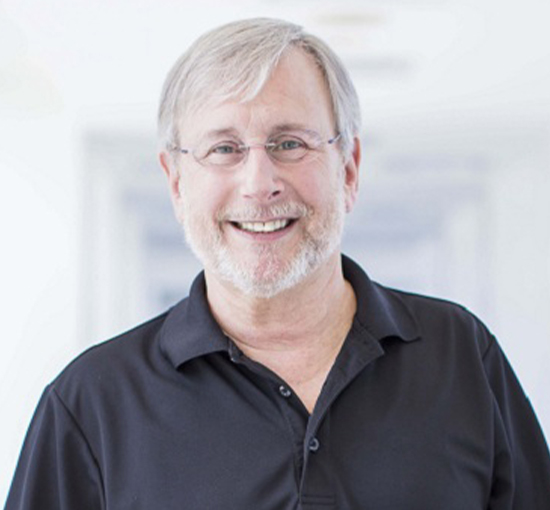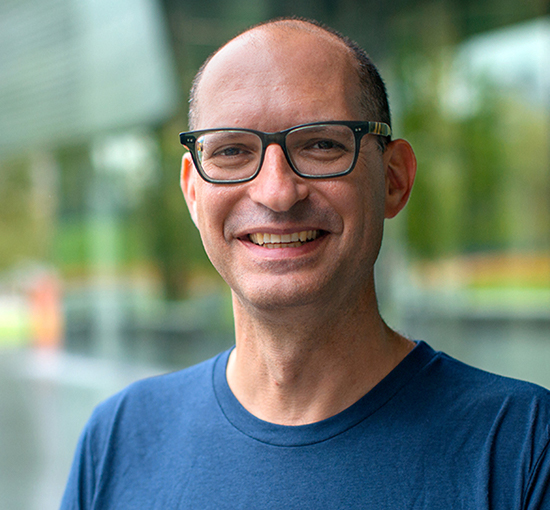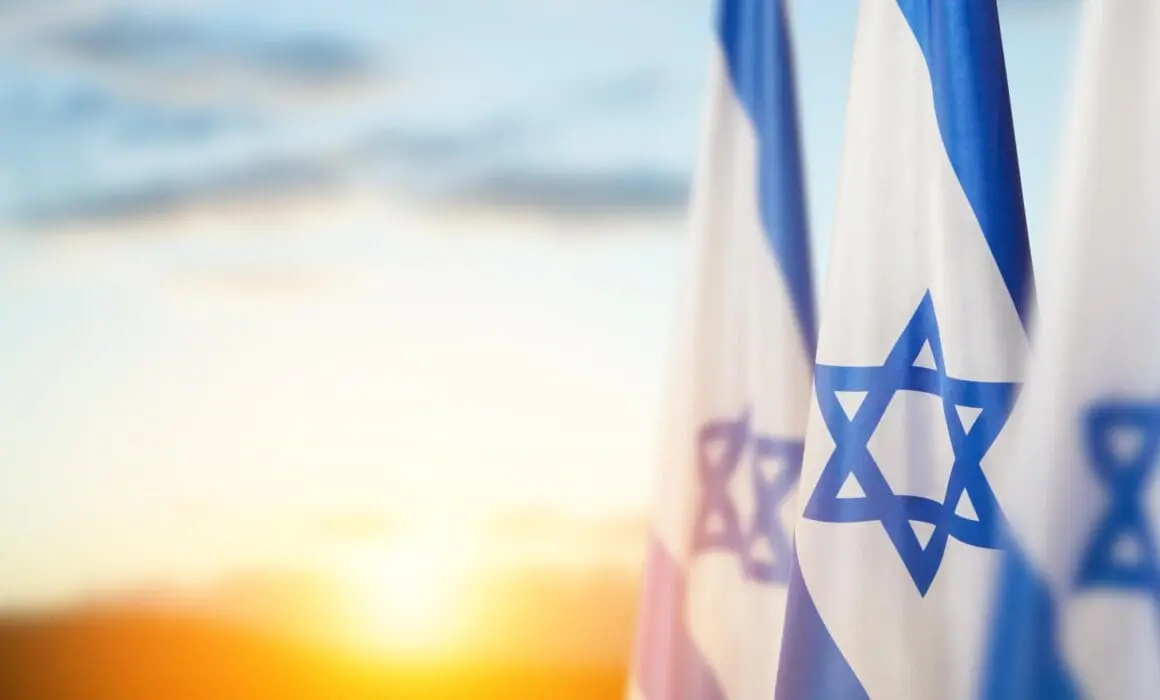Interns Go Global: From Haifa to NYC

Pictured Above / Guy Bar-Nir (R) and Tom Rahav
Every summer, a group of Technion students spends nearly two months interning at the Joan & Irwin Jacobs Technion-Cornell Institute at Cornell Tech. The program advances collaboration between the two campuses, and the Jacobs Institute’s unique focus on industry gives students a taste of entrepreneurial career options.
“The summer internship program is one of the most exciting programs we run that deepens the relationship between the Cornell Tech and the Technion,” said Ron Brachman, director of the Jacobs Institute. “It gives the students a taste of cutting-edge graduate-level research, experiencing what it’s like to be full participants in faculty members’ research groups. The students also experience living in New York City for the summer.”
The paid internship program, open to undergraduate and graduate students, started informally in 2016 with two Technion students and grew to nine this past summer. They worked on research to solve challenges faced in everyday life, such as determining the most efficient routes for New York City bus drivers. They also tackled issues unique to our digital age, including how to override the overly enthusiastic “super likers” and perennial “picky users” on rating systems for hotels, etc. to get more accurate evaluations.
Here’s a look at some of summer interns – past and present:
Guy Bar-Ner, a second-year undergraduate studying electrical and computer engineering, views the Technion as home. “My parents met at the Technion and I have that warm place in my heart,” he said at an event at Cornell Tech on Roosevelt Island on September 7. He loves the sports teams and other extracurricular activities on the Haifa campus and feels that the Technion faculty are first rate. So, the chance to study at the Jacobs Technion-Cornell Institute was a no-brainer.
“When I heard about the internship program, it was exactly what I was searching for,” he said. “Meeting with brilliant students from all over the world, in an Ivy League school campus in the heart of New York with a connection to the Technion. I was always interested in higher education and striving for the best.”
During his internship, Bar-Ner researched relativity geometry, space, and time behavior in the case of university admissions. The geometric arrangement of some numbers and events are not arguable, he explained. An SAT score of 1600 is far better than an SAT score of 1200. But how do you compare students when one excels on the SAT but the other has a perfect GPA (grade point average)? “Universities debate about how to rank students,” he said. “We use geometric methods to determine the order that is most fair.” Outside of the lab, Bar-Ner has befriended students at various events, been on boat rides touring Manhattan and joined the Roosevelt Island runners’ group.
Intern Tom Rahav has also seized opportunities to get to know people from all over the world, and to explore the “amazing things New York City has to offer,” such as: museums, parks, Broadway shows, concerts, restaurants, and sporting events. “And the list keeps on going,” Rahav said.
Rahav is researching various approaches to training machine learning models in a way that would install “common sense.” For example, when an autonomous car comes to a malfunctioning traffic light that is stuck on red, it would “wait till the end of time,” he explained, rather than turn around or drive through it. His research would instill AI machines and machine learning models with the ability to handle unexpected scenarios.
Entering his senior year at Technion this fall, Rahav came to the summer internship program seeking clarity in his career path. “I’ve been on the fence as to whether to continue with my academic career or go ahead into industry,” he said. “The Jacobs Institute’s way of researching, near to industry and even working hand-to-hand with companies, enables me as a researcher to experience both worlds. This is something that doesn’t happen in other research institutes.”
Being mentored by Prof. Brachman, who has extensive experience in both academia and industry, has proven a perfect match. “It’s been a great experience,” Rahav said. “I haven’t come to a conclusive answer but it’s helping me understand what I want to do in the years to come.”
For Technion Ph.D. candidate Hana Matatov, attending the Jacobs Institute’s internship program four summers ago helped map her next steps. “If I hadn’t come here as an intern in 2018, I’m not sure I would have done a Ph.D. at all,” she said at the recent Jacobs Institute event. “It’s really helped me with my career until now.”
Matatov was a master’s candidate under the supervision of Technion Professor Ofra Amir when in the summer of 2018 she met Professor Mor Naaman, an associate dean at Cornell Tech. Influenced by his research during the internship, she decided to focus her master’s on misinformation on social media and to keep Prof. Naaman as a second advisor for her Ph.D.
In their earlier research, Matatov, Prof. Amir, and Prof. Naaman focused on designing solutions for the quick spread of misinformation on social media with hopes of helping journalists detect images and visual content meant to manipulate and deceive. More recently, they used the U.S. 2020 elections’ “Stop the Steal” campaign as a case study to demonstrate the power of images (photographs and text used as images) to attract attention, persuade, and trigger strong emotions.
Speaking with pride of the summer interns, Prof. Brachman said: “We hope they become future ambassadors back in Israel, helping spread the word about the great things happening on our campus, and the unique collaboration between Cornell Tech and the Technion.”





